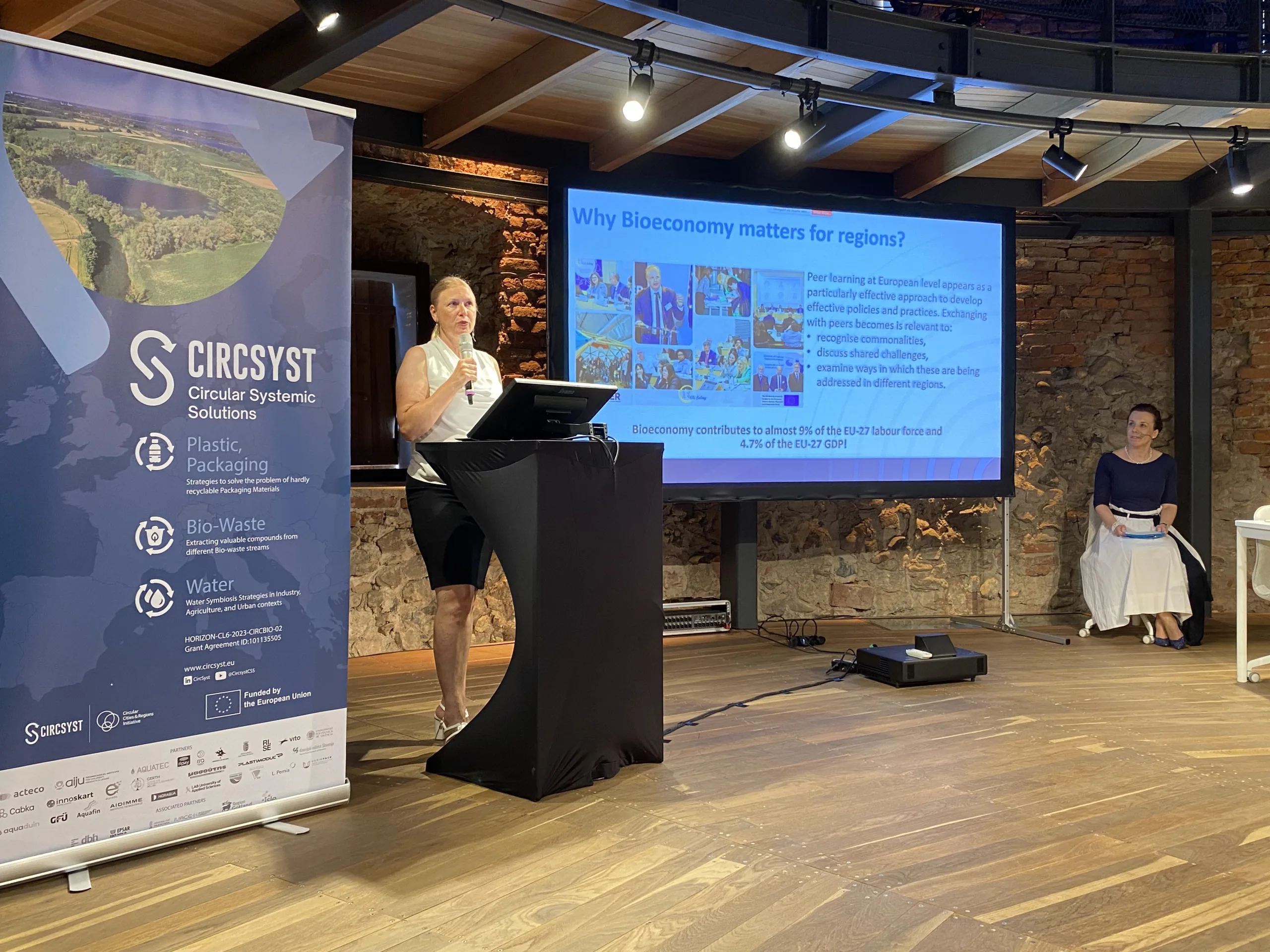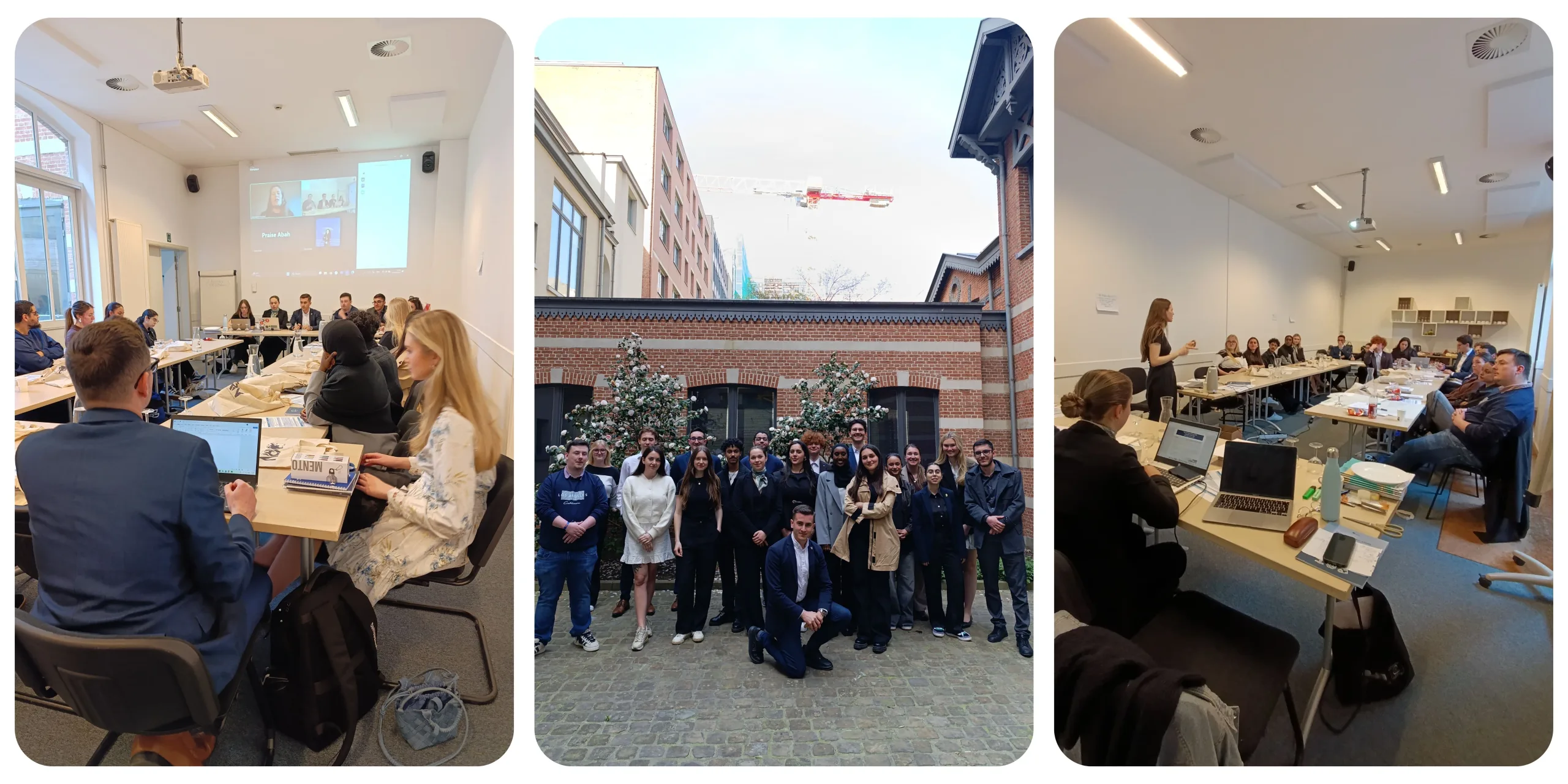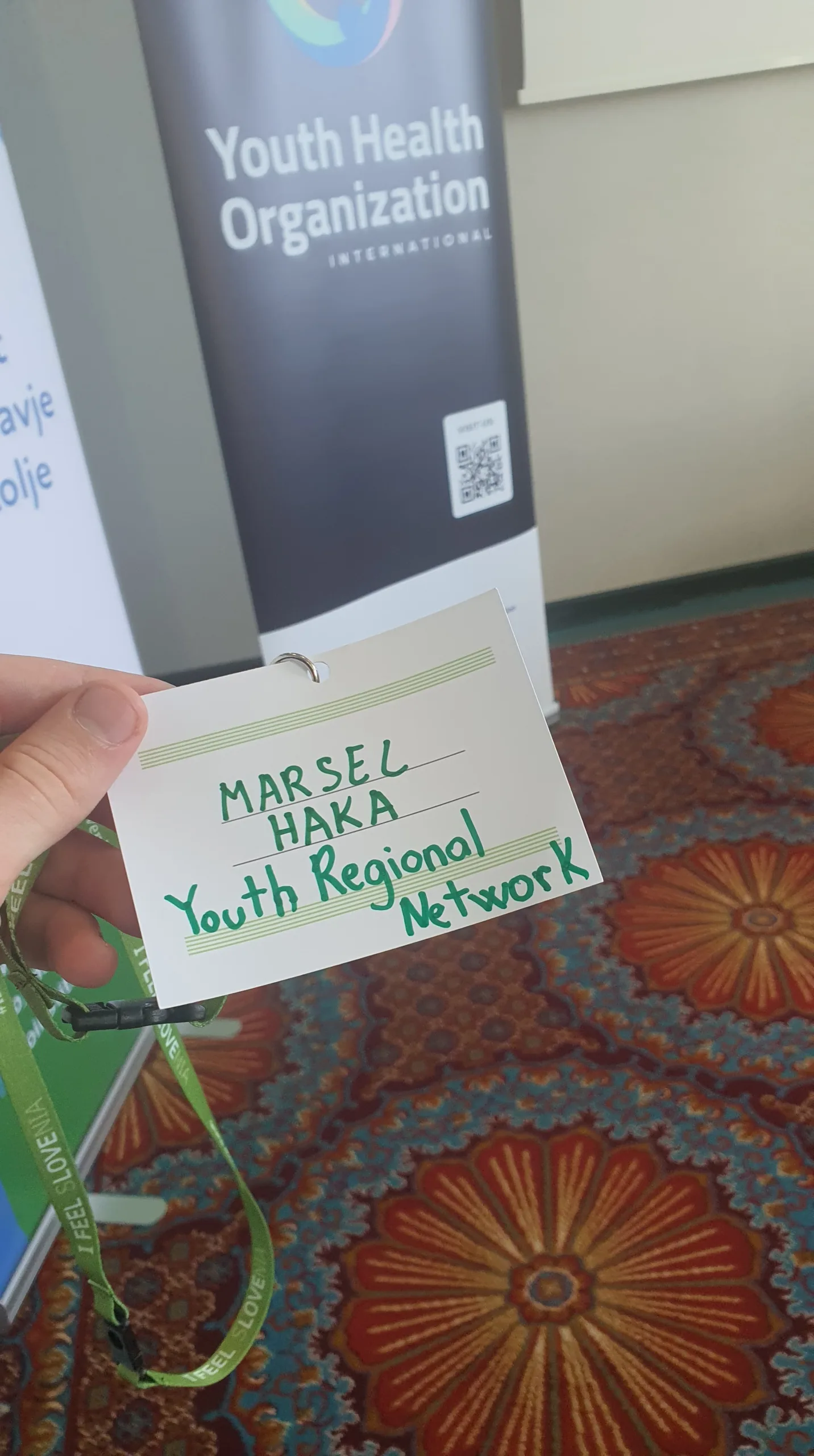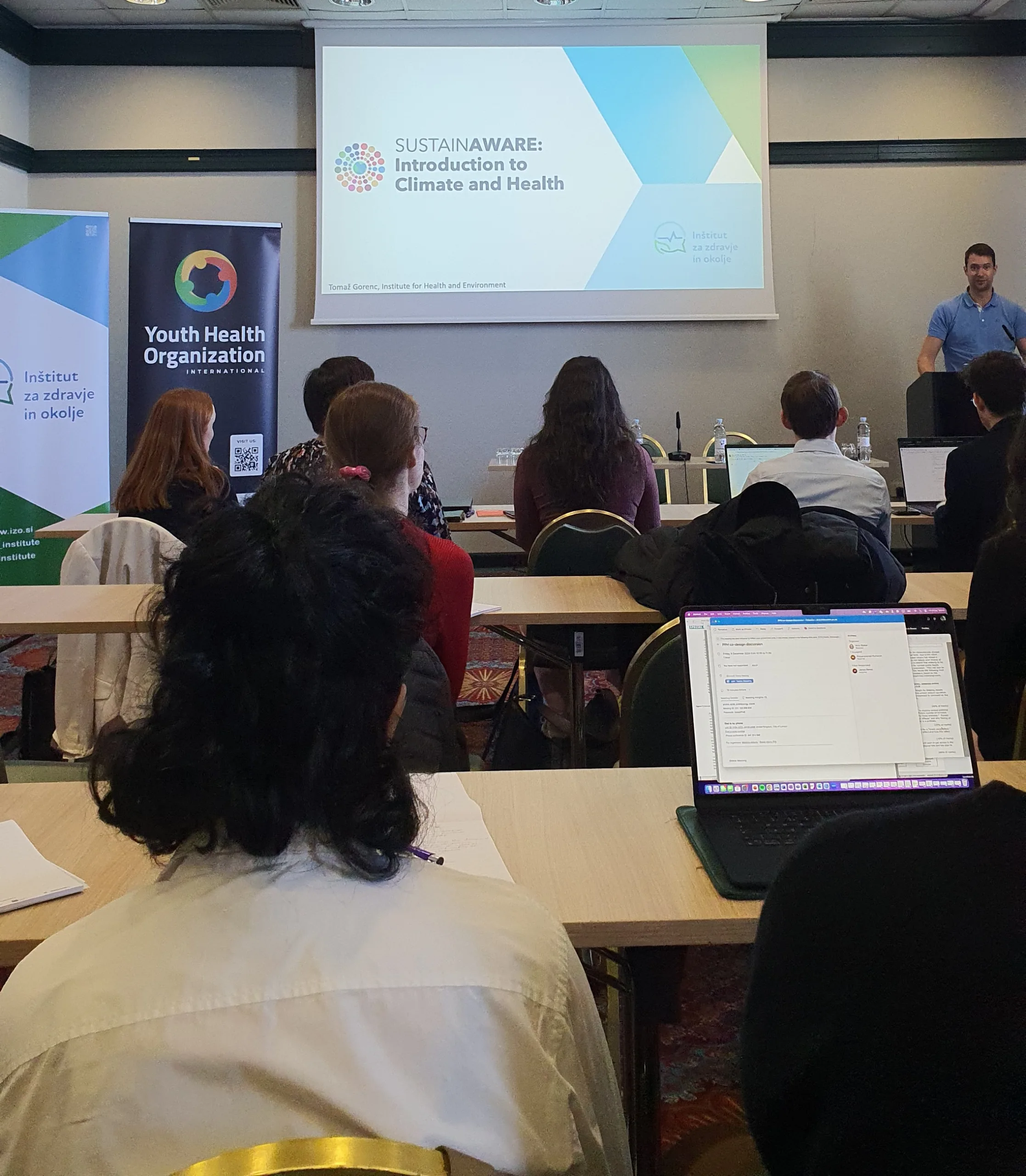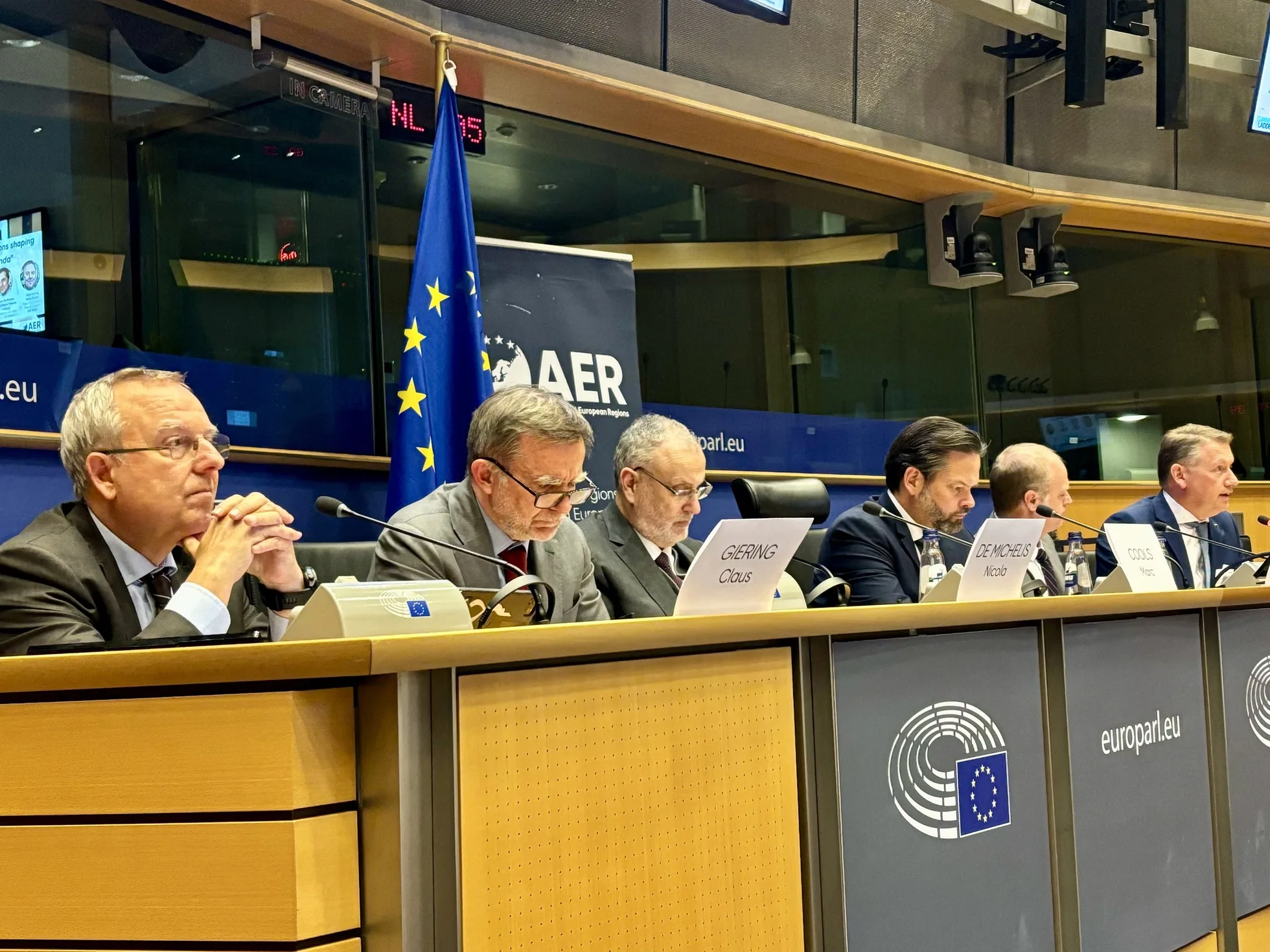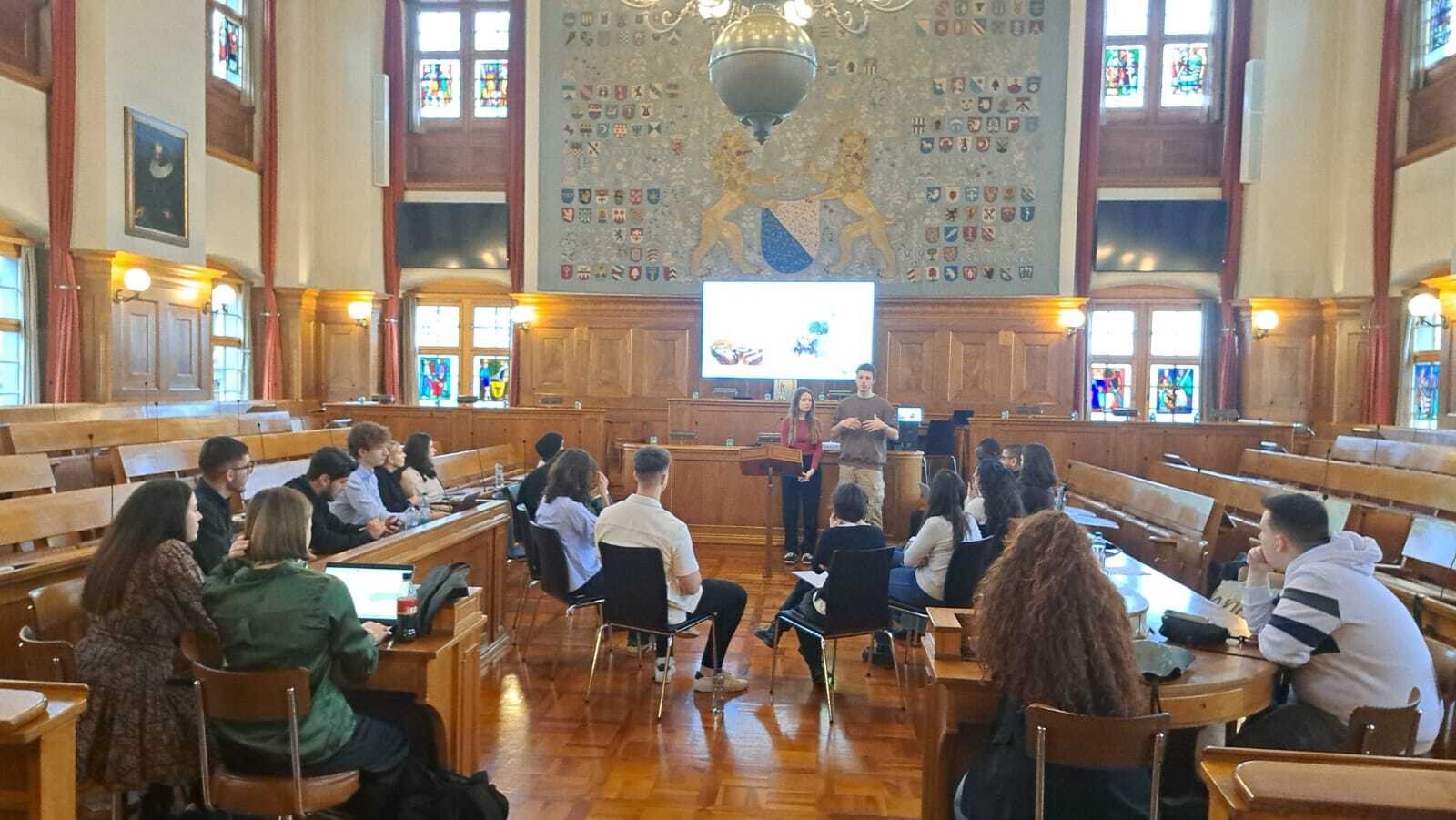Codroipo, Friuli Venezia Giulia (I), 18th May 2011
The members of Assembly of European Regions’ (AER) Committee on ‘Social policy and Public health’ met today in the region of Friuli Venezia Giulia (I) to discuss the recent initiatives launched by the European Union in the field of active and healthy ageing, as well as the newly adopted directive on cross-border healthcare, both of which raise the fundamental question of managing healthcare in the regions of Europe.
Among the aforementioned European Commission initiatives is the AHAIP, the “Active and Healthy Ageing Innovation Partnership”, a pilot action designed to improve patients’ health and quality of life and the health administration’s efficiency, as well as supporting the elderly by granting them better quality services. The aim is to bring together actors at all levels and sectors to mobilise available resources and expertise.
“We warmly welcome the AHAIP initiative launched by the European Commission” stated Vladimir KOSIC, President of the AER ‘Social Policy and Public Health Committee’. “My region for instance is investing a lot of money in order to find solutions to provide a commodious life to the ageing people. In a changing society, this kind of investment is not a political choice, it is a necessary reaction to a new reality. Regions will help steer the priorities of this new innovation partnership to make sure that it addresses our citizens’ needs” he concluded.
Today’s discussion also touched upon the EU Directive on cross-border healthcare approved last March. This directive aims at facilitating patients’ access to safe and high-quality cross-border healthcare, but also at promoting cooperation in healthcare between member states. “ Now that the directive has been adopted, the question is to know what will be the impact at regional level, and how regions can implement it in their territory” concluded Vladimir KOSIC.
AER commitment to support AHAIP
• By providing the EU with more information about regional best practices
• By raising awareness among our member regions
• By applying AER methodology through: 1. Peer Reviews – one week long study visit of a multinational experts team to assess the host region work in a specific field; 2.Training Academies: trainers from AER member regions come to share their experience in a specific field.
• By encouraging regions to invest more in innovation in their territories
• By contributing to the AHAIP mechanism once it is operational
• By continuing to establish a bridge with other relevant stakeholders in the field
For more information: [email protected]
Follow AER!




























